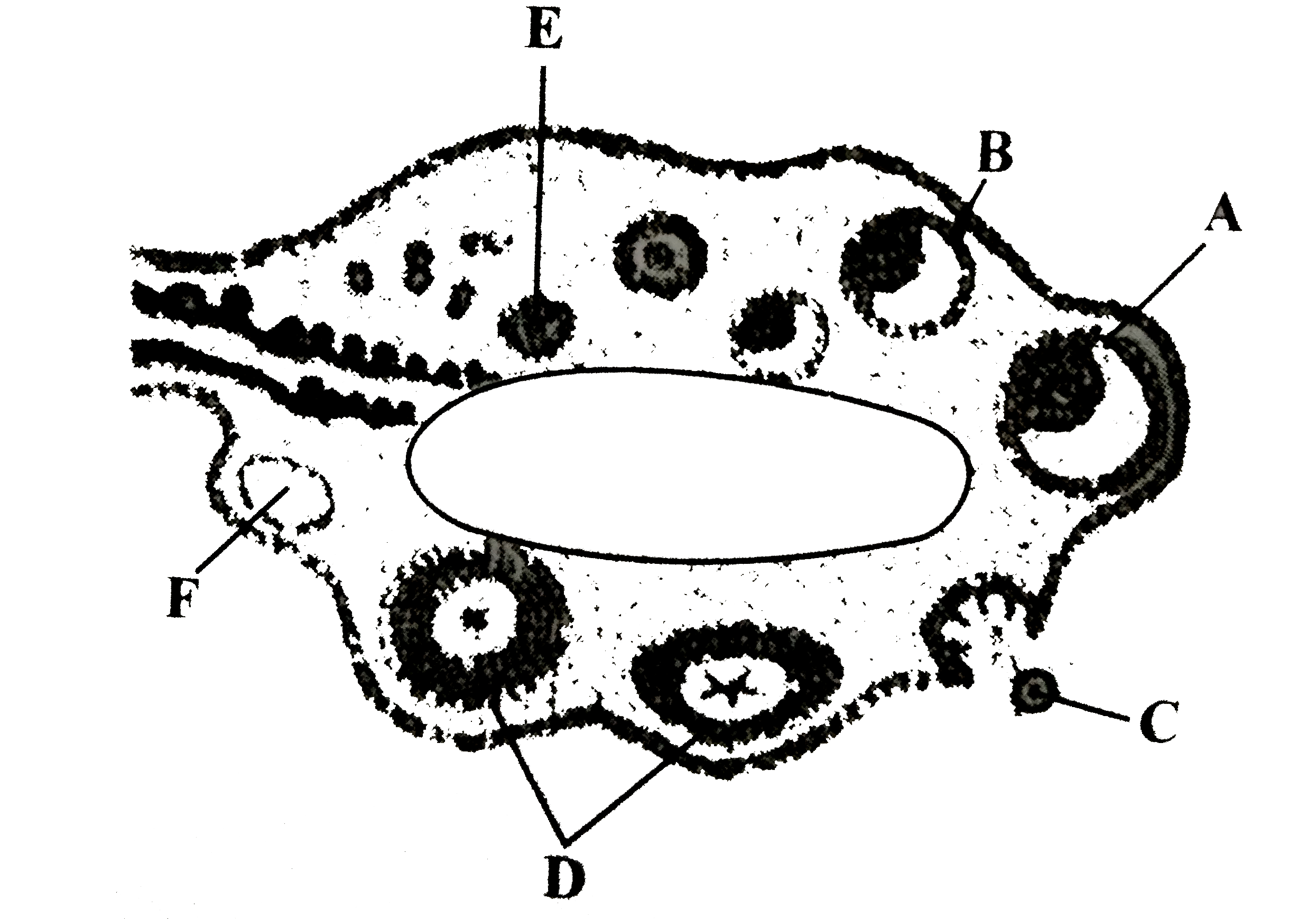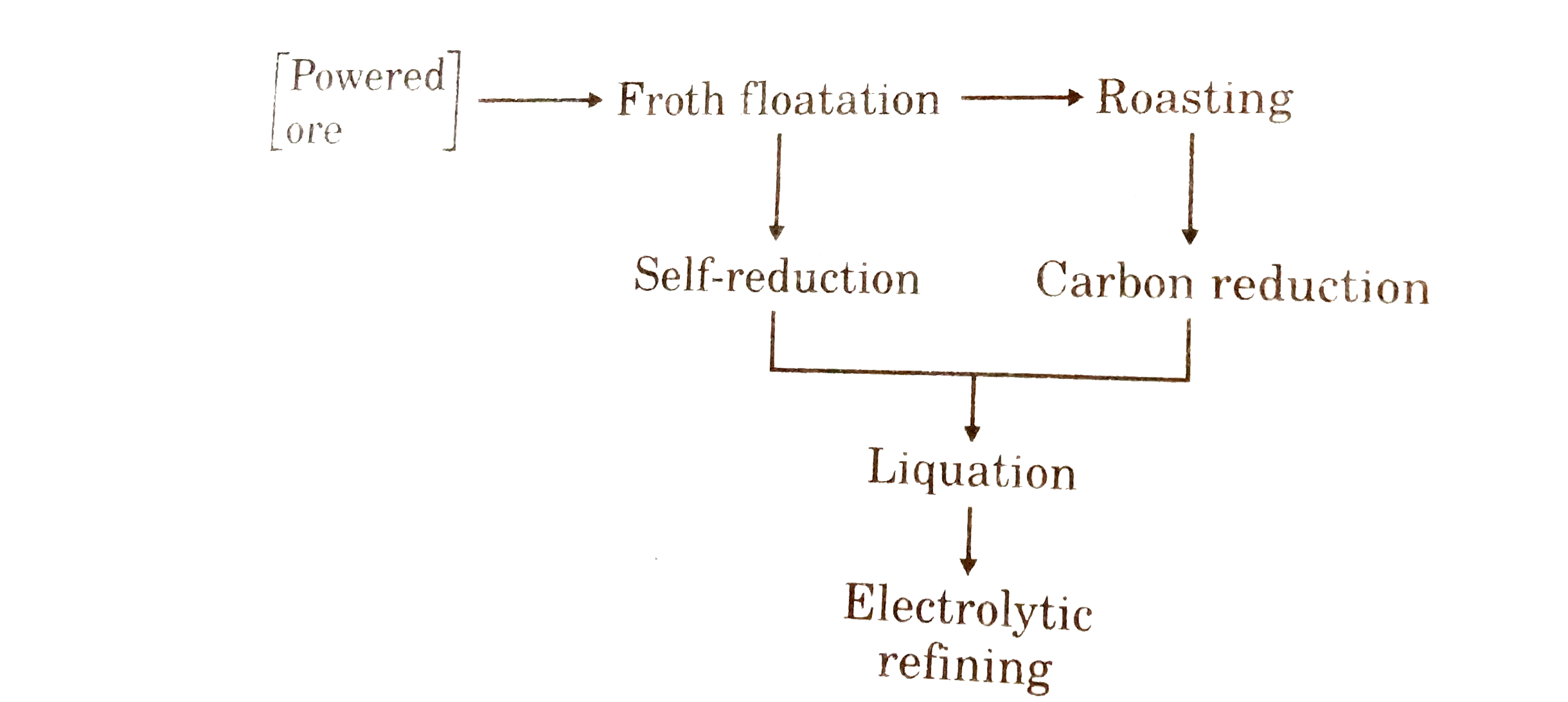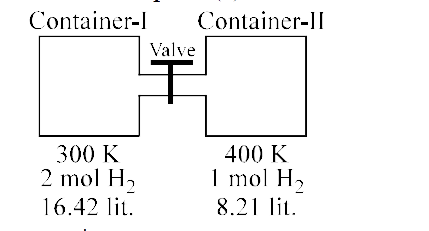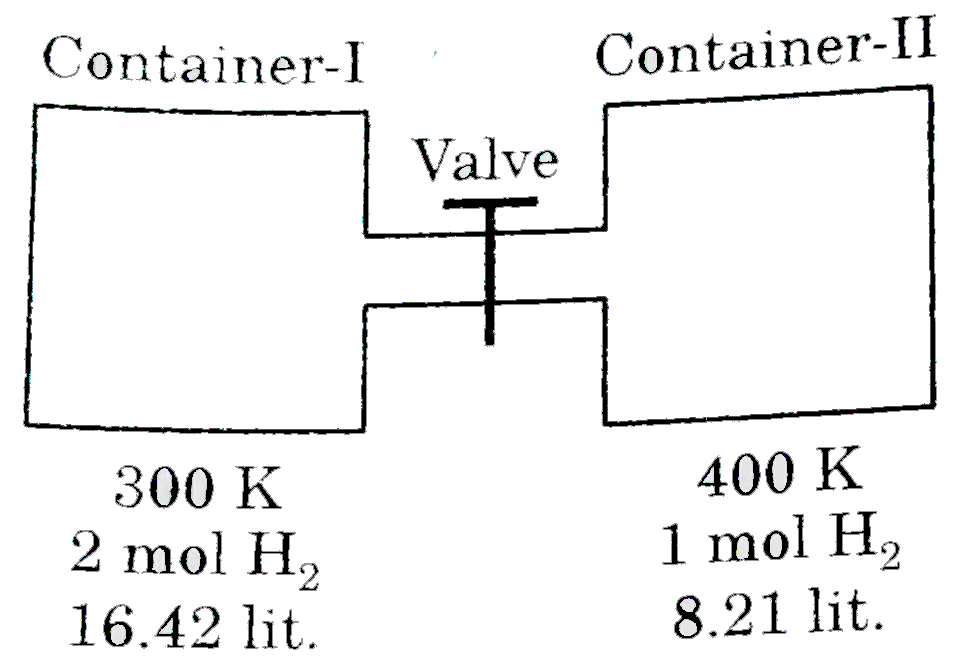In the given T.S. of human ovary identify A to F and select the correct option.

A
A-secondary follicle, B-Tertiary follicle with antrum, C-Ovum, D-Corpus luteum, E-Primary follicle, F-Corpus albicans
B
A-Graafian follicle, B-Tertiary follicle with antrum, C-Ovum, D-Corpus spongiosum, E-Primary follicle, F-Corpus albicans
C
A-Graafian follicle, B-Tertiary follicle with antrum, C-Ovum, D-Corpus albicans, E-Primary follicle, F-Corpus luteum
D
A-Graafian follicle, B-Tertiary follicle with antrum, C-Ovum, D-Corpus luteum, E-Primary follicle F-Corpus albicans
Video Solution
Text Solution
The correct Answer is:D
|
Answer
Step by step video, text & image solution for In the given T.S. of human ovary identify A to F and select the correct option. by Biology experts to help you in doubts & scoring excellent marks in Class 12 exams.
Updated on:21/07/2023Topper's Solved these Questions
Similar Questions
Knowledge Check

Select the correct option(s).AThe flow chart represents extraction of Pb from PbS.BConcentration of ore involves use of NaCN as depresant.CMetal obatined conatins Ag as one of the impurities which is removed by Parke's process.DImpure metal is very soft.Select the correct option(s).
AQ=nCvdt is applicable to all substance during heating/cooling at constant volumeBγ=53 for monomatomic ideal gas, at any temperatureCdU=nCvdT is applicable for real gas at constant volumeDmolar heat capacity , pressure and temperature are intensive propertiesSelect the correct option(s).
A(a) A single external force acting on a particle necessarily changes its momentum and kinetic energy.B(b) A single external force acting on a particle necessarily changes its momentum.C(c) The work-energy theorem is valid for all types of forces: internal, external, conservative as well as non-conservative.D(d) The kinetic energy of the system can be increased without applying any external force on the system.



